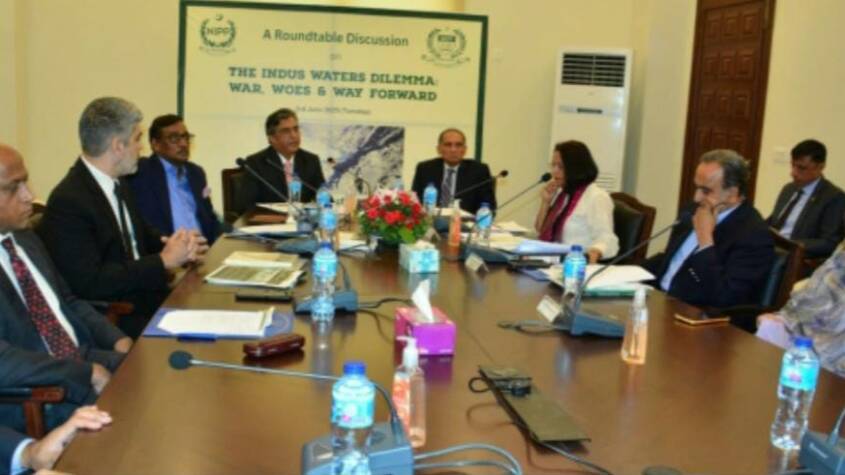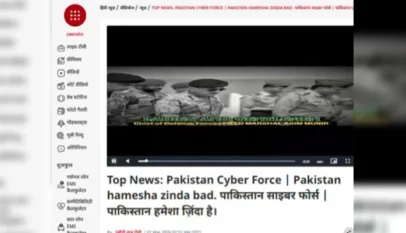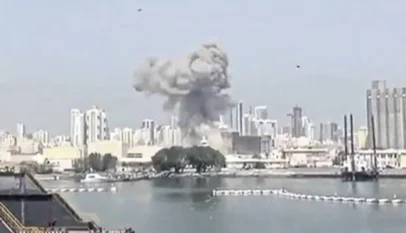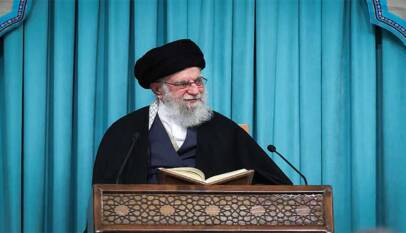
India’s unilateral suspension of the Indus Waters Treaty is a clear violation of international law and poses a serious threat to regional stability. Speakers at a roundtable conference organized by the National Institute of Public Policy (NIPP) strongly condemned India’s actions and urged the government of Pakistan to raise the issue at global forums, including the United Nations Security Council.
The conference brought together leading diplomats, military officials, legal experts, and environmentalists, including former Foreign Secretary Aizaz Ahmad Chaudhry, former Ambassador to Ukraine Major General (Retd) Noel Khokhar, Professor Dr. Seemi Waheed, former PEPCO MD Tahir Basharat Cheema, and environmental lawyer Ahmad Rafay Alam. Also in attendance were deans and directors of NIPA and NMC, interns, researchers, journalists, and other distinguished guests.
Dr. Naveed Elahi opened the discussion by emphasizing the gravity of India’s decision, which followed the April 24 Pahalgam incident. He stated that India’s move to suspend the treaty unilaterally amounts to “water aggression” and that Pakistan has rightly declared any misuse of water as an act of war.
Former Foreign Secretary Aizaz Ahmad Chaudhry said India’s decision to revoke the treaty based on an unverified incident undermines bilateral agreements and violates global legal norms. He called it a direct threat to Pakistan’s sovereignty.
Major General (Retd) Noel Khokhar added that the Indus Waters Treaty, brokered by the World Bank, binds both countries to mutual respect of water rights. He stressed that Pakistan must approach the UN Security Council to challenge India’s actions diplomatically and legally.
Professor Dr. Seemi Waheed emphasized the need for Pakistan to revisit its diplomatic, legal, and political strategies and called for the immediate development of a proactive national water policy.
Tahir Basharat Cheema described India’s threat as “illegal and inhumane,” asserting that it breaches both treaty terms and humanitarian principles.
Environmental lawyer Ahmad Rafay Alam pointed out that while India may not permanently cut Pakistan’s water supply, any reduction in water flow could have devastating consequences for Pakistan’s agriculture sector.
Speakers collectively stressed the urgent need for Pakistan to construct new water reservoirs and adopt a comprehensive water management strategy to safeguard national interests.
Source: Web desk
Indian News channel hacked, pro-Pakistan content broadcast briefly
(Web Desk) — Indian television channel ABP News was temporarily disrupted after hack…










